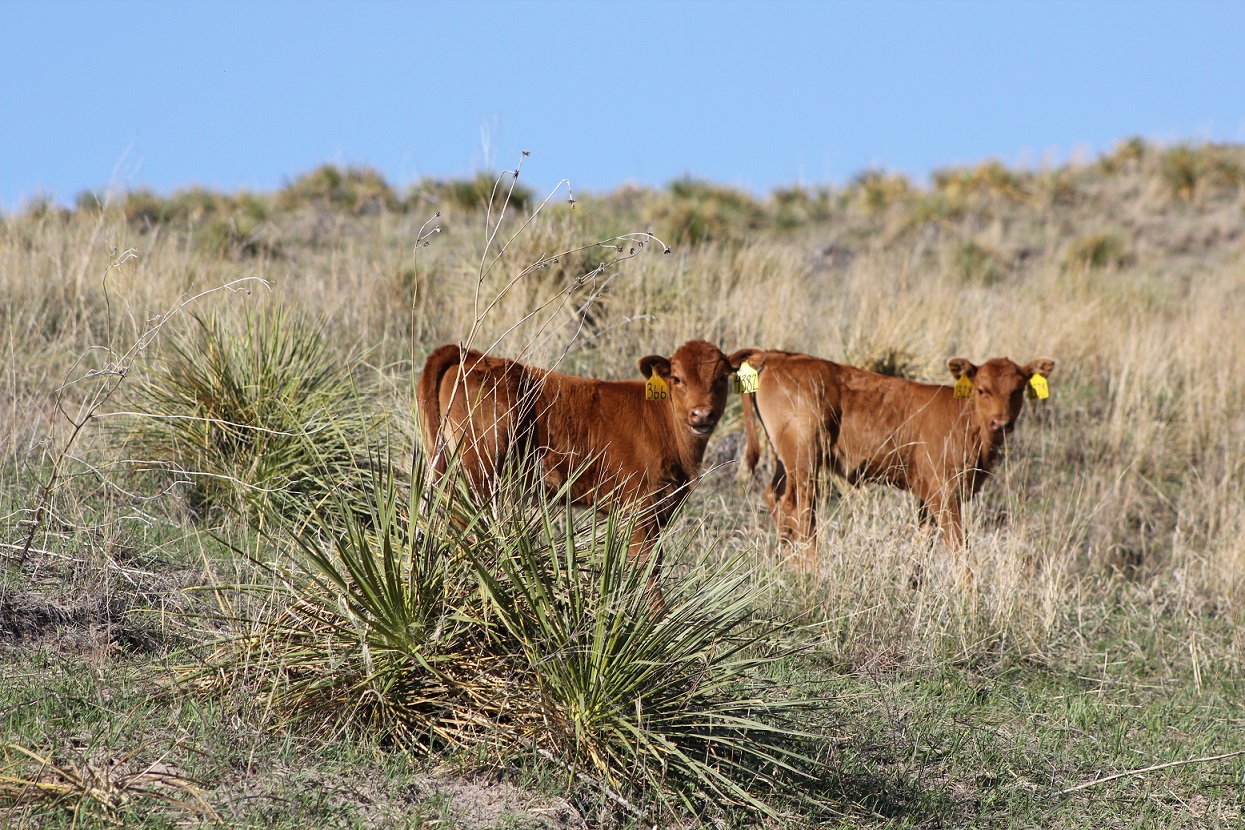
By Bruce Anderson, NE Extension Forage Specialist
Yucca plants, which are also called soapweed by many people, have nearly overrun many rangelands. There are ways, though, to reclaim those grazinglands.
Across much of western and central Nebraska, yucca has nearly taken over some pastures. While they may be able to produce attractive flowers, dense stands of yucca can devastate grass production.
Yucca plants develop rapidly once established on drier rangeland sites. They produce a deep taproot that competes aggressively for the limited water in these soils. Since cattle rarely eat it during summer, grass production decreases while yucca thrives.
Herbicides like Remedy, Tordon, Velpar, or Cimarron Plus can control yucca, but only when each individual plant is sprayed directly. General spraying to control yucca on rangeland is cost prohibitive, although small patches can and should be controlled before they expand.
When yucca covers too much land to spray, the only cost effective way to reduce its impact is to winter graze. During winter, yucca often is the only green plant around. Sometimes cows actually will get down on their knees, lay their head sideways on the ground, and chew through the base of the plant to get to the moist, tender parts. After several consecutive winters of grazing, yucca stands can be reduced so grass again thrives during summer.
Now that summer range is going dormant for the winter, grazing will do little harm to your grasses. Ample summer rain in many areas also produced more grass than usual so grass is more plentiful than usual for winter grazing. This might be a good year to reclaim some of your rangeland back from yucca. Winter grazing is your best tool.
To listen to BeefWatch podcasts go to: https://itunes.apple.com/us/podcast/unl-beefwatch/id964198047 or paste http://feeds.feedburner.com/unlbeefwatch into your podcast app.